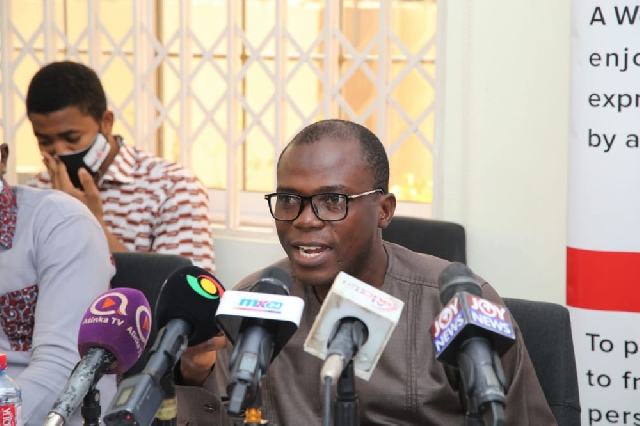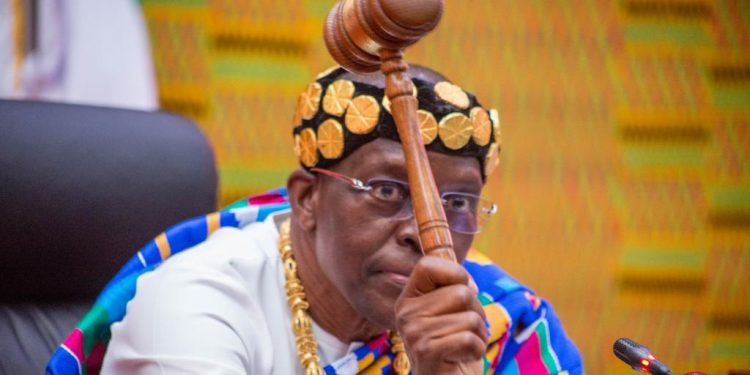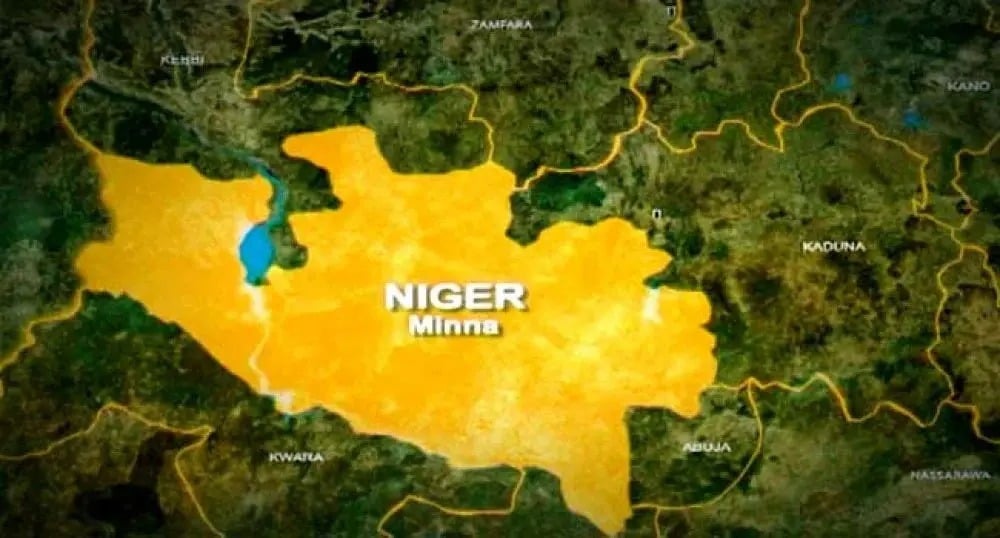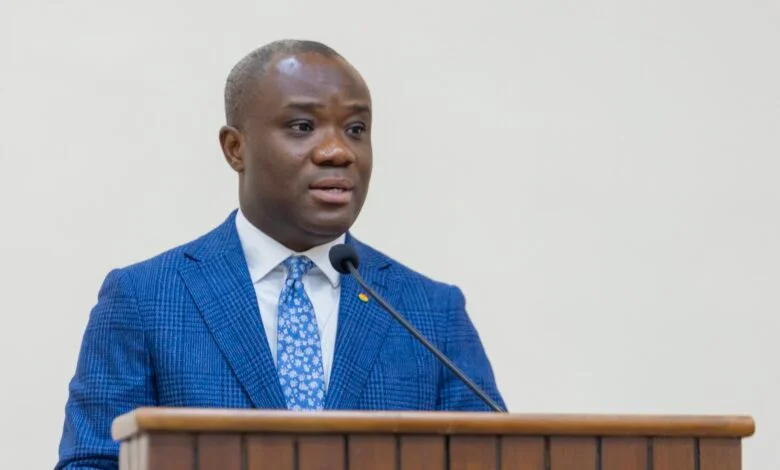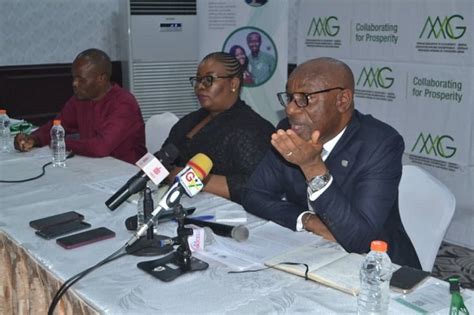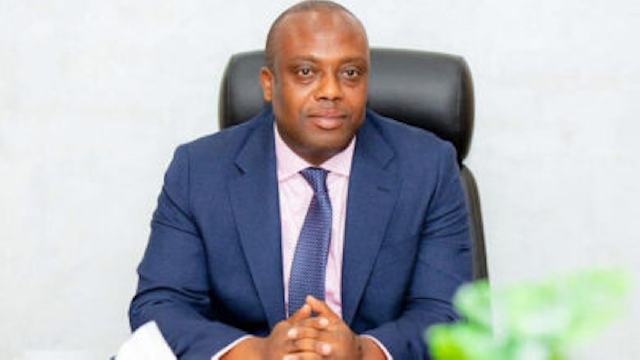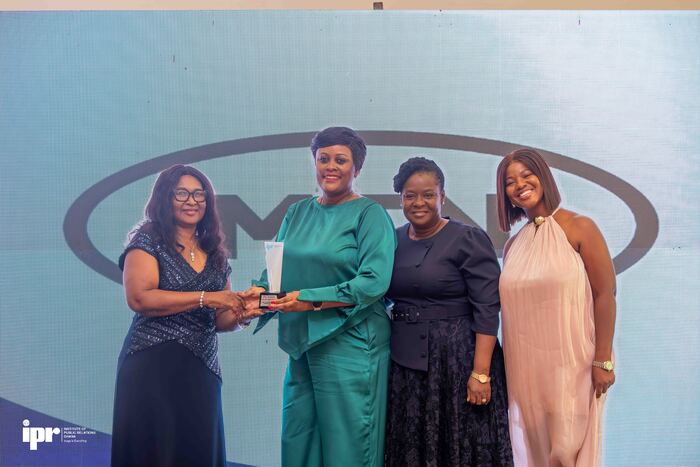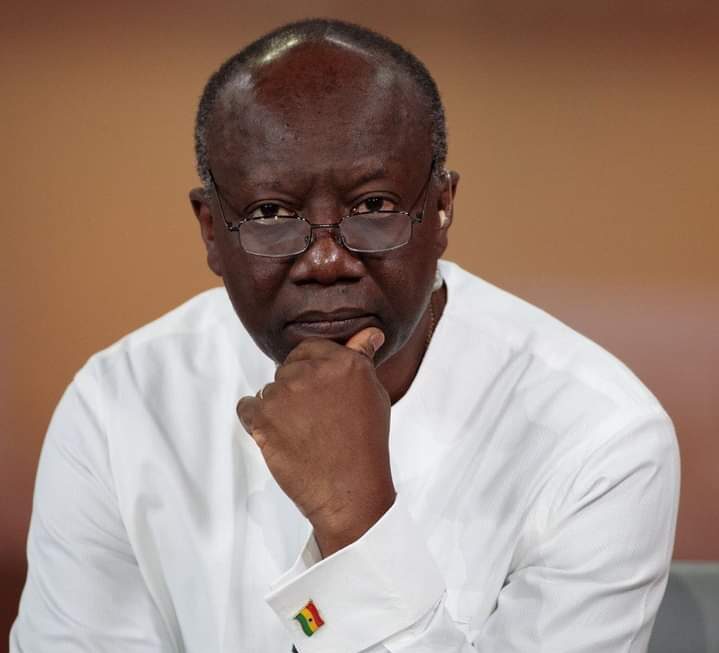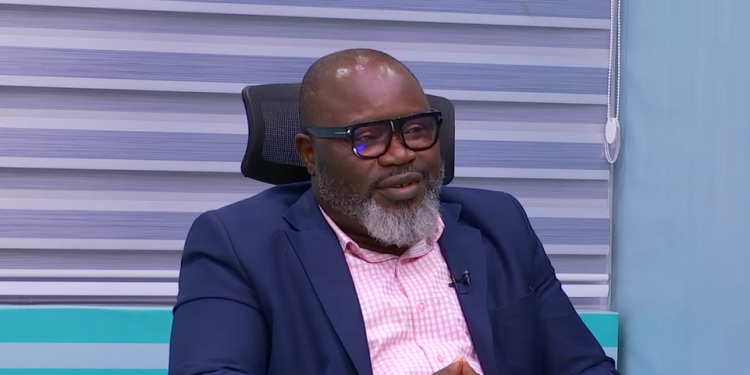On a brisk Thursday morning, Room 2172 of the Rayburn House Office Building buzzed with anticipation. The United States House Foreign Affairs Subcommittee on Africa was about to hold an open hearing that would send ripples far beyond Capitol Hill. The subject: President Donald Trump’s controversial redesignation of Nigeria as a “Country of Particular Concern” following allegations of a Christian genocide. The stakes were high, and emotions ran even higher. Lawmakers, religious leaders, U.S. Department officials, and witnesses gathered under the glaring lights, their faces set with resolve or worry, depending on their side of the aisle. What began as a policy discussion would soon unfold as a gripping drama of clashing beliefs, desperate pleas, and calls for both restraint and action. The hearing came on the heels of President Trump’s thunderous threat: that America would send its military “guns-a-blazing to completely wipe out the Islamic terrorists who are committing these horrible atrocities.” The world was watching. The fate of millions hung in the balance. Chairman Chris Smith, seasoned and stern, opened the proceedings. He wasted no time outlining the grim statistics that haunted the room. “Eighty-nine percent of all Christians martyred worldwide are in Nigeria,” he declared, voice carrying the weight of 52,000 lost lives since 2009. He accused militant Fulani herdsmen of committing atrocities—rape, kidnapping, murder—with what he called “total impunity” from Nigerian officials. Smith’s words set the tone. “These attacks are unequivocally religiously motivated,” he insisted, blaming a previous administration for allowing Nigeria off the “Country of Particular Concern” list, despite warnings from the U.S. Commission on International Religious Freedom. “We will not be silent while people are persecuted. We will not stop fighting until the perpetrators are brought to justice.” The first panel featured two senior U.S. State Department officials: Jonathan Pratt, Senior Bureau Official of the Bureau of African Affairs, and Jacob McGee, Deputy Assistant Secretary of the Bureau of Democracy, Human Rights, and Labour. They faced a barrage of questions about U.S. policy and the deepening crisis in Nigeria. The second panel brought personal stories and grave warnings. Nina Shea, Director of the Centre for Religious Freedom, joined Bishop Wilfred Anagbe of Makurdi Catholic Diocese in Nigeria and Oge Onubogu of the Centre for Strategic and International Studies. Their testimonies would soon paint a vivid, often harrowing, picture of life, and death, in Nigeria’s Middle Belt. Jonathan Pratt took a measured tone as he explained America’s concerns. “Extremist groups like Boko Haram, ISIS West Africa, ISIS Sahel, Al-Qaeda affiliate Ansaru, and Lakurawa are spreading violence beyond the North-East, especially into Nigeria’s Middle Belt,” he explained. “Terrorists, separatists, bandits, and criminal militias are all over the country. Their attacks often deliberately target Christian communities.” Pratt acknowledged Nigerian security forces were taking significant losses in counter-terrorism operations, but insisted, “More must be done to protect vulnerable communities and hold perpetrators accountable.” The Trump administration, he said, was developing a concrete plan to compel Nigeria to strengthen security for Christian communities and improve religious freedom. This would involve not only the State Department, but also the Treasury and the Department of War—an unprecedented show of force. “Nigeria is Africa’s largest democracy and a key regional partner,” Pratt noted. “But the violence and atrocities threaten the universal right to religious freedom. We expect the Nigerian government to deliver results on the ground as proof of their commitment.” Representative John James, a Michigan Republican and member of the Energy and Commerce Committee, spoke with the authority of firsthand experience. “Nigeria is facing one of the gravest religious freedom crises in the world. I have visited and seen the direness myself. It is now the deadliest place on earth to be a Christian.” James reeled off harrowing numbers: “Since 2019, nearly 17,000 Christians have been killed. In the first seven months of this year alone, hundreds more were murdered.” He accused extremist groups—Boko Haram, Fulani militants, ISIS West Africa—of attacking with impunity, their crimes “often ignored or enabled by the Nigerian government.” He drew a direct line between religious persecution and political repression, referencing the detention of Nnamdi Kanu. “Religious persecution is tied to weakening institutions in Nigeria. The detention of Mazi Nnamdi Kanu is a clear example,” he said, recounting how courts had ordered Kanu’s release, yet he remained in solitary confinement, in deteriorating health. Congressman Bill Huizenga, his voice trembling with emotion, described personal ties to Nigeria. “We’ve got neighbours who’ve been missionaries there, who have family there, who know this is going on,” he said. He accused U.S. lawmakers and the media of downplaying the violence, insisting, “Christians, moderate Muslims, and anyone being terrorised by these radicalised Islamists in Nigeria require stronger protection. The Nigerian government is not doing enough.” He pointed to Benue state’s 1.4 million internally displaced people as proof of the crisis’s scale, and referenced a written submission from Chairman French Hill calling for enforceable sanctions. But not all lawmakers saw religious persecution as the sole or even primary issue. Representative Johnny Olszewski offered a different perspective. “The Nigerian government lacks the means to protect communities against groups that kill indiscriminately,” he said. “This does not abdicate the Nigerian government from responsibility. Muslims and Christians alike have lived under the constant threat of extreme groups like Boko Haram and ISIS West Africa for far too long.” Olszewski, who openly identified as a Christian, urged colleagues not to frame the crisis as simple government persecution. “The debate here should be about capacity—a critical problem in Nigerian institutions that has left millions exposed to extremist groups,” he said. “Jesus Christ is my Lord and Saviour. I have no problem sharing that. But this suffering is not just confined to one religious group.” He stressed that corruption, neglect, and governance failures must be confronted. “A government’s duty is to protect its people. When there’s a failure, leaders must be held accountable. But capacity within Nigerian institutions to maintain peace is a real question.” Olszewski also questioned the U.S. approach: “Are we offering real partnerships or just
- +23356336062
- apexnewsgh@gmail.com
- Upper East, Ghana

Hot News
